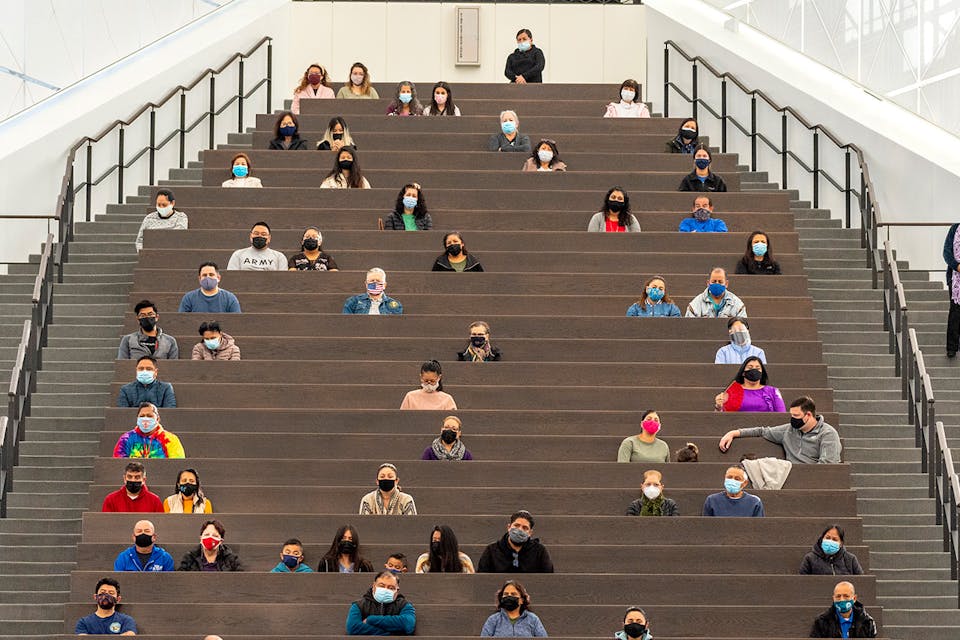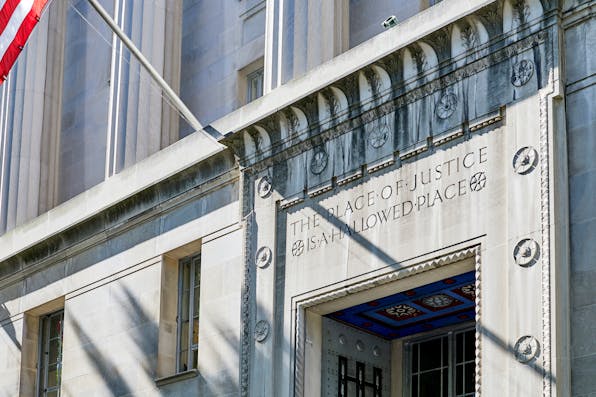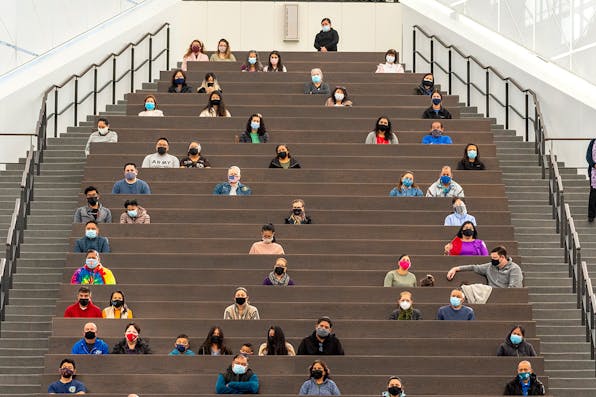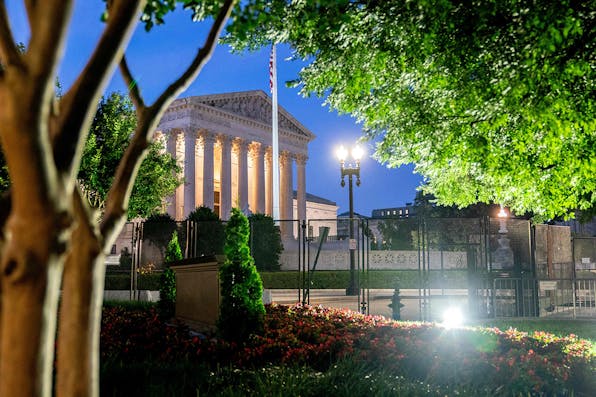
November 2, 2022
The Clash Between Technocracy and Religion
Bureaucratic institutions apply a patina of objective, empirical rigor over human judgments that are fundamentally subjective and too often anti-religious.
In his superb essay tracing the recent history of religious-liberty conflicts in the United States, Adam White points to a tension between the language of religious belief and what he calls “the technocratic vocabulary” of the administrative state. Citing Oscar Wilde, White warns against “knowing the price of everything but the value of nothing,” and notes the bureaucratic tendency to disregard those goods “that cannot easily be incorporated into a spreadsheet’s sums.” This administrative habit of mind, he suggests, is an underappreciated threat to religious liberty.
This seems obviously true, and White provides trenchant examples of the ways in which bureaucratic numbers-crunching can collide with religion. An overemphasis on fiscal health, for instance, may have driven the Nevada governor Steve Sisolak’s decision sharply to restrict religious gatherings during the COVID-19 pandemic, while permitting large casinos to host thousands of patrons. It is easier to measure gambling profits than spiritual welfare. But the clash between technocracy and the incalculable goods of human life extends beyond matters of religious liberty. It is worth taking White’s general principle and extending it to other kinds of conscience protections too.
An August 2020 report in the New York Times Magazine revealed one such fundamental clash: between frontline doctors and academic medical researchers. Alex Spyropoulos, a lead researcher at Northwell Health—a major New York healthcare provider that oversees nearly two dozen hospitals—had been directing a clinical trial “to determine whether a standard dose of an anticoagulant or a higher dose yielded better outcomes for COVID-19 patients who were already on oxygen or a ventilator and were at high risk of organ failure and clotting.” The patients in the trial were under the direct care of Northwell’s frontline physicians, while Dr. Spyropoulos ran the trial remotely.


